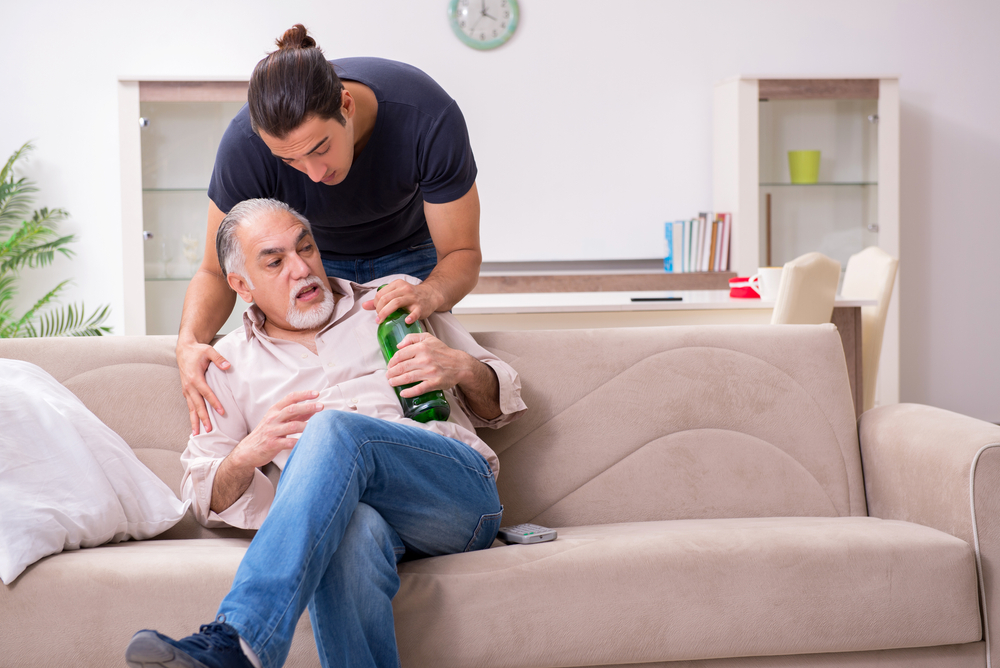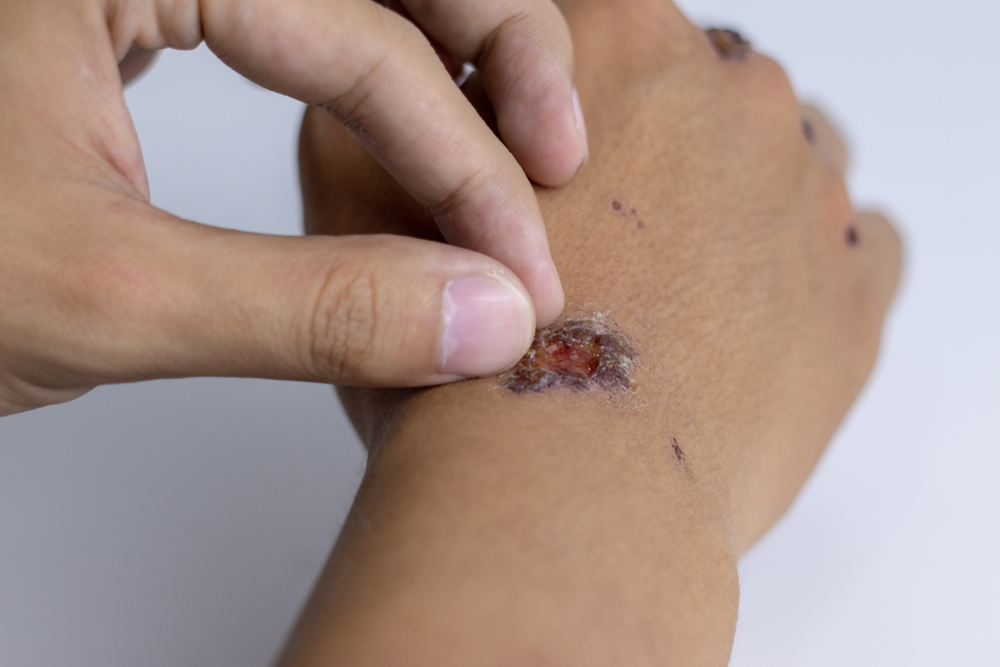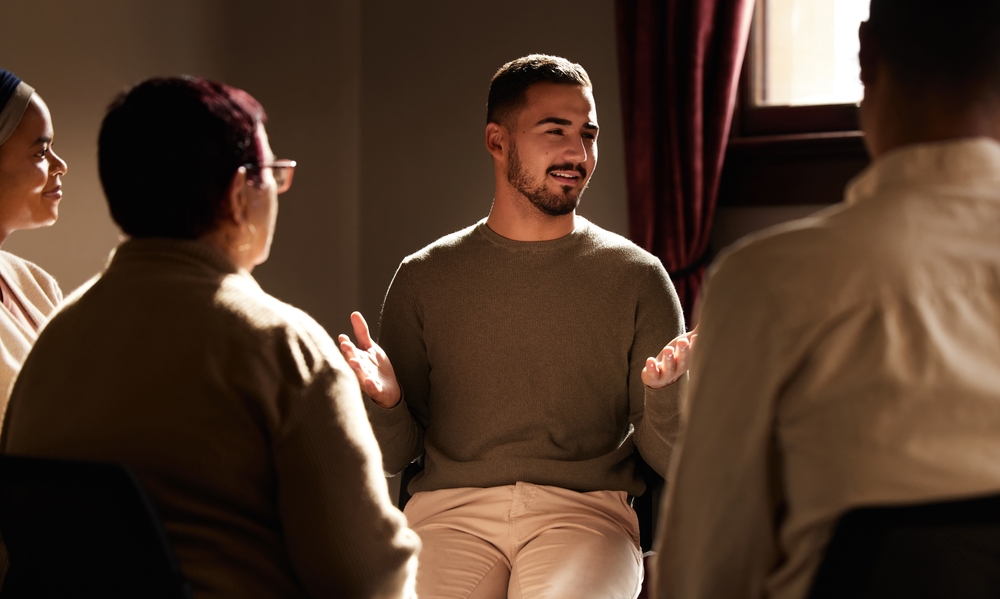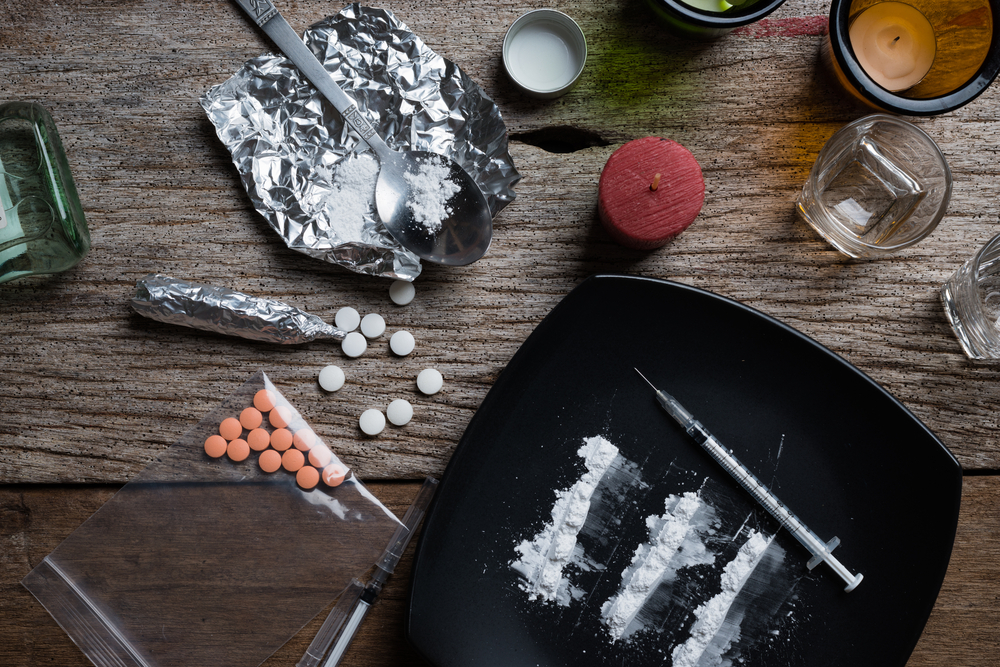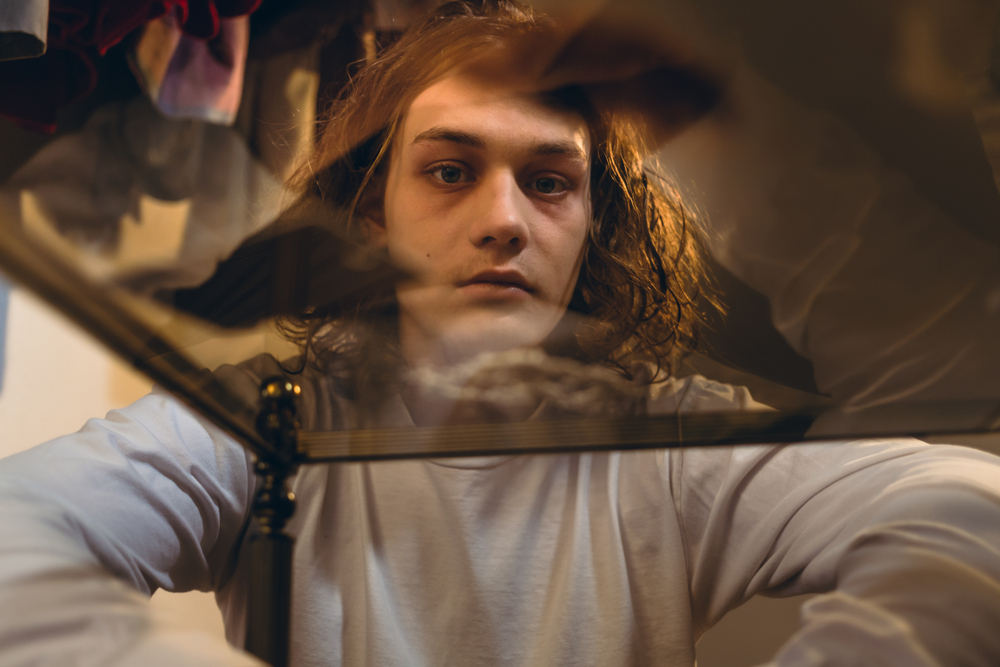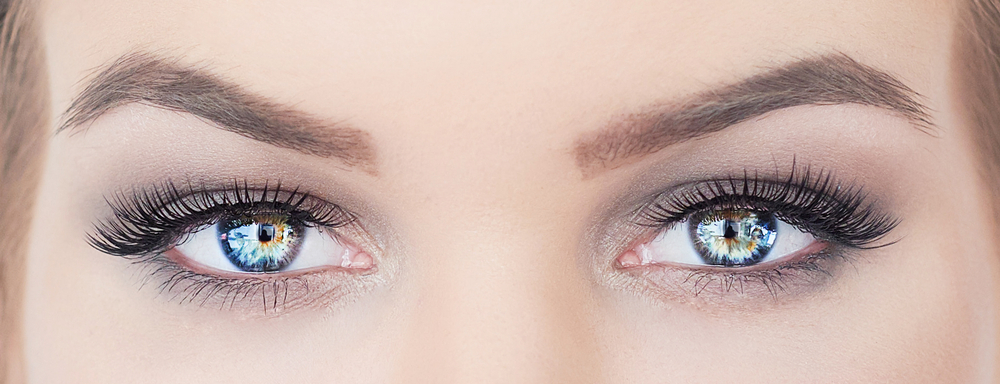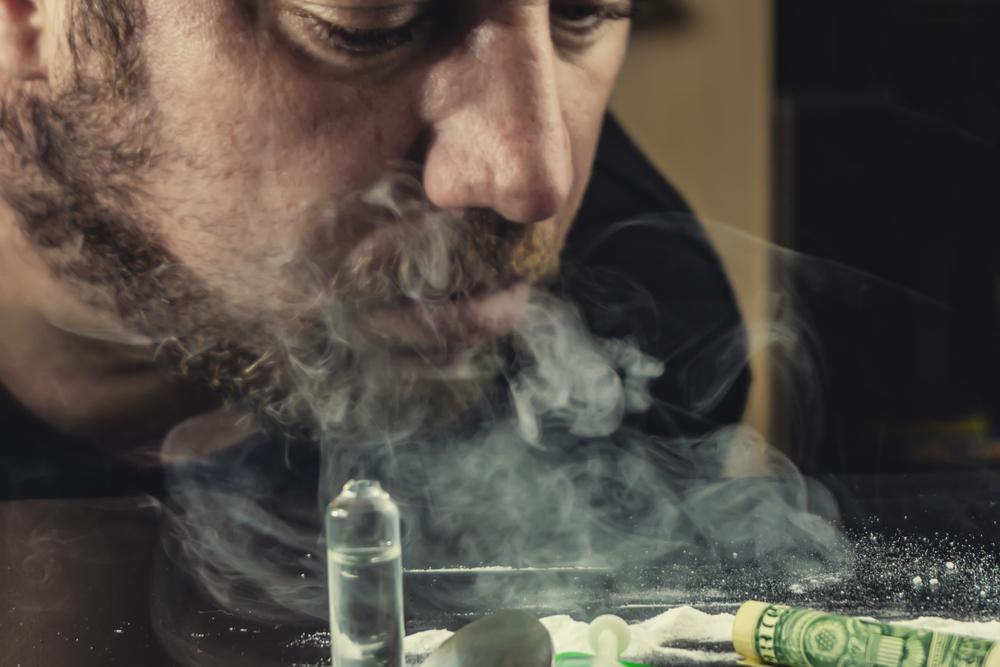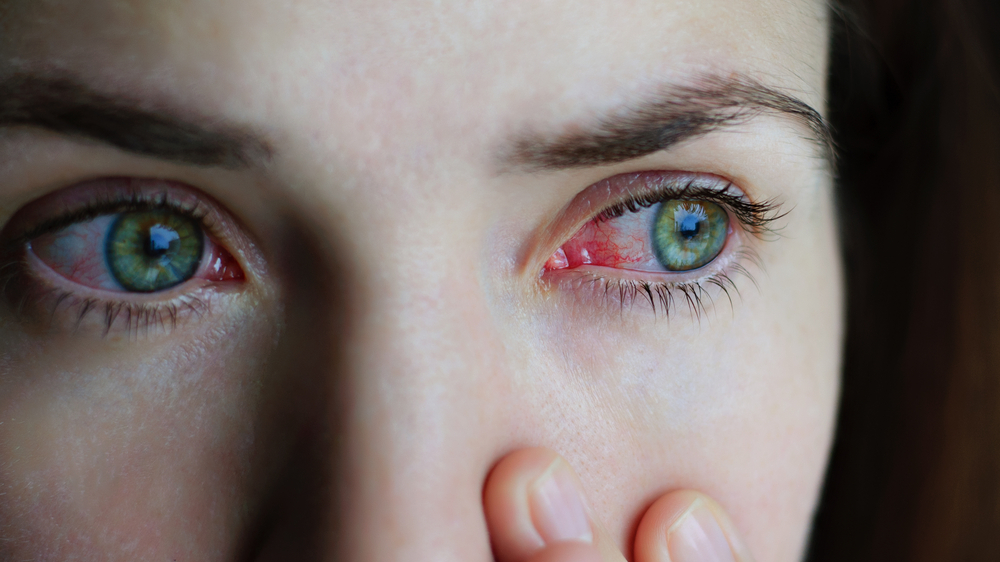Adderall Addiction Among College Students: A Growing Concern
College life isn’t easy—late nights, endless deadlines, and the constant pressure to keep up with classes, work, and everything else. For some students, it can feel like there’s just not enough time or energy to handle it all. So, they turn to Adderall to stay focused, get more done, and keep up with the demands of college life.
This explains why Adderall is one of the most abused prescription drugs on college campuses. Recent studies show that about 20% of college students in the US abuse the drug for nonmedical reasons. They call it a study drug, treating it like an academic booster to survive the grind of college life.
The problem is that many students believe that because it’s a prescription medication, it must be safe to use. But the truth is, using Adderall without a prescription can lead to serious consequences. Misuse can quickly escalate into dependency, bring on harmful side effects, and cause long-term damage to both physical and mental health.
In this article, we’ll dive deeper into why Adderall misuse is so common among college students, the dangers it poses, and how you can recognize the signs of substance use disorder. We’ll also explore steps to address the issue and where to find support for students struggling with study drug addiction.
Understanding Adderall Abuse in College
College students are under immense pressure, juggling coursework, extracurriculars, jobs, and internships, all while trying to maintain a social life. In this environment, Adderall becomes appealing because it’s known to help people concentrate for longer periods. It’s no surprise that some students use it without a prescription, believing that it’s just another academic tool.

However, stimulants like Adderall aren’t harmless study aids. These medications are potent and can alter brain chemistry, especially if used by someone who doesn’t medically require them. Over time, misuse can lead to tolerance—meaning the student needs higher doses to achieve the same effect—and this creates a cycle of dependence that’s increasingly hard to break.
The Link Between ADHD and Misuse
Adderall is composed of amphetamine and dextroamphetamine, designed to help those with Attention Deficit Hyperactivity Disorder (ADHD) manage symptoms like inattention and impulsivity. Because there’s often a misunderstanding about the link between ADHD and “smart performance,” some students assume they can self-diagnose or that everyone can benefit from these drugs. This misconception fuels the nonmedical use of Adderall on campuses across the country, where the pressure to excel can overshadow the very real health concerns.
Why It Feels So Accessible
Adderall’s availability can also play a role. It’s not uncommon for students with legitimate prescriptions to share or sell their medication, making it easy for others to obtain. Plus, with the ongoing cultural narrative that “everyone’s doing it,” it can seem less risky than street drugs—even though the dangers are very real.
Red Flags for Parents
If you’re worried your child might be misusing Adderall, there are some key indicators to watch out for:
Erratic Sleep Patterns
- What to look for: If your child is frequently staying awake for extended periods and then crashing for long hours, it may signal stimulant misuse. Complaints of difficulty sleeping or needing less sleep than usual can also be a red flag.
- Why it matters: Adderall misuse disrupts natural sleep cycles, leading to severe exhaustion and long-term health consequences.
Extreme Focus Followed by Fatigue
- What to look for: Periods of hyper-productivity—such as knocking out multiple assignments in record time—followed by noticeable crashes or periods of lethargy.
- Why it matters: This cycle of intense focus and burnout is common in those misusing stimulants, as the body cannot sustain the artificial energy levels Adderall provides.
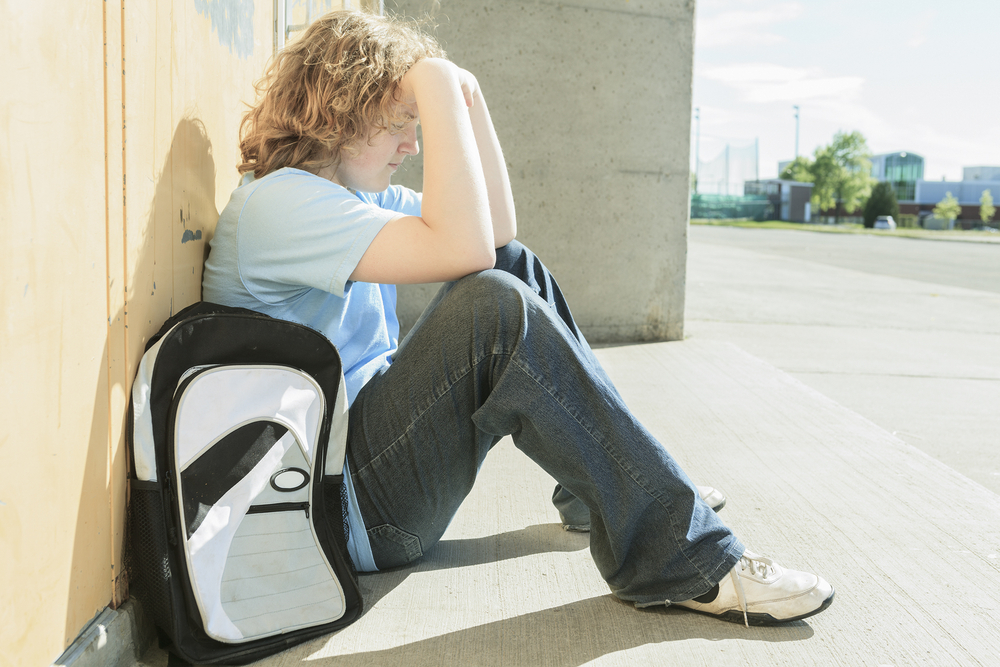
Mood Swings and Anxiety
- What to look for: Sudden irritability, heightened restlessness, or unexplained mood swings. Increased signs of anxiety, nervousness, or even social withdrawal may also be present.
- Why it matters: Adderall can alter brain chemistry, leading to emotional instability and worsening mental health conditions, such as anxiety or depression.
Physical Changes
- What to look for: Rapid weight loss, reduced appetite, or complaints of headaches, nausea, or chest pain. You might also notice physical symptoms like rapid heartbeat or increased blood pressure.
- Why it matters: These physical signs indicate the toll stimulant misuse takes on the body, including cardiovascular strain and reduced overall health.
Financial or Academic Red Flags
- What to look for: Unexplained expenses, frequent requests for money, or difficulty managing finances. On the academic side, you might see sudden improvements in grades paired with erratic or unsustainable work habits.
- Why it matters: Buying Adderall without a prescription often involves additional costs. Academic over-performance followed by burnout can also indicate reliance on the drug.
High-Risk Behavior
- What to look for: If you discover your child has tried to snort Adderall or if they are mixing it with alcohol or other substances, this is a serious red flag. Reports of risky social behavior or increased partying may also hint at misuse.
- Why it matters: Combining Adderall with alcohol raises the risk of severe outcomes, including alcohol poisoning, while snorting the drug increases its potency and dangers, leading to faster dependency.
The Risks of Long-Term Use
Using Adderall long-term without a prescription harms your child’s health. Physically, it increases blood pressure, disrupts heart rhythms, and raises the risk of cardiac arrest. Mixing it with alcohol worsens the effects and can lead to dangerous outcomes like alcohol poisoning. Many students lose weight rapidly and develop nutritional deficiencies, weakening their bodies.
Mentally, the risks are equally serious. Long-term misuse leads to dependency, with students struggling to quit due to severe withdrawal symptoms like fatigue, depression, and trouble focusing. It worsens anxiety, triggers mood swings, and pushes some toward other drugs. These effects damage emotional and physical health, often lasting far beyond college years.
How You Can Help
As a parent, your support plays a crucial role in helping your child overcome Adderall misuse. Start by opening the conversation calmly and without judgment. Let your child know you care about their health and well-being, not just academic performance. Ask them how they’re feeling and listen without interrupting. This creates a safe space for them to share their struggles.
Educate your child about the risks of Adderall misuse. Many students don’t fully understand the dangers of using stimulant medication without a prescription. Explain how it affects their body and mind over time and why it’s not the solution they think it is.
If you notice signs of misuse or dependency, encourage professional help. Reach out to a behavioral health specialist who can guide your child toward treatment. Therapy options like cognitive behavioral therapy can help them manage stress and develop healthier coping strategies. For those needing more support, programs like outpatient rehab offer structured treatment while allowing them to continue their studies.

Lastly, support your child in creating a healthier routine. Help them explore better time management, access tutoring, or find campus resources that reduce academic pressure. Remind them that their mental and physical well-being matters far more than grades, and you’re here to guide them every step of the way.
Resources and Support
If your child struggles with Adderall addiction, it’s essential to act quickly and connect them with the proper support. Professional treatment programs, like those offered by More Than Rehab, specialize in addressing stimulant addiction. These programs provide personalized care, including therapy, medical supervision, and strategies to rebuild healthy habits. Options like outpatient rehab allow your child to get the help they need while continuing their education.
Remember, you don’t have to navigate this alone. Resources are available to help both you and your child overcome the challenges of Adderall addiction. Take the first step by contacting a behavioral health professional or a trusted treatment center. Together, you can help your child break free from Adderall addiction and build a healthier, more balanced future. Contact More Than Rehab today to learn how we can support you and your family. We are available 24/7, 365 days a year.

